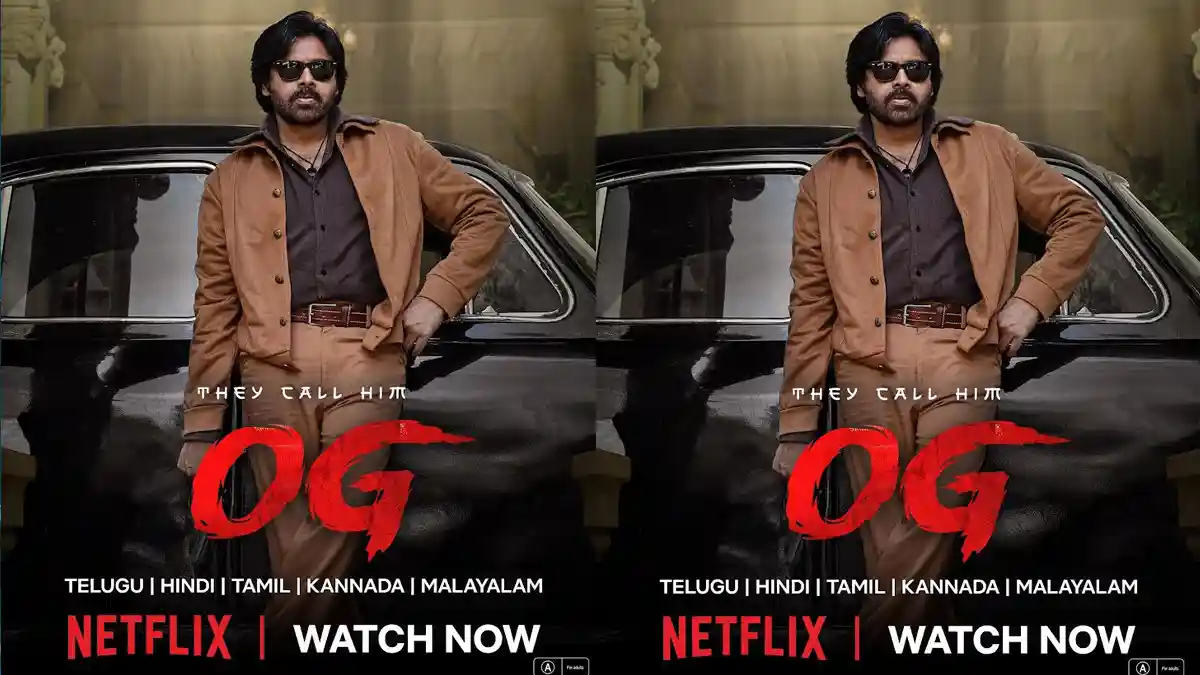Now Reading: IAS vs Minister: Row over Telangana Liquor Tender Forces Officer Out
-
01
IAS vs Minister: Row over Telangana Liquor Tender Forces Officer Out
IAS vs Minister: Row over Telangana Liquor Tender Forces Officer Out

The political and bureaucratic circles in Telangana have been rattled by a significant controversy stemming from a dispute over the liquor hologram tender, which culminated in a senior IAS officer opting for voluntary retirement amidst a public rift with a state Minister.
The Heart of the Conflict: Hologram Tenders and Administrative Friction
The core of the dispute revolved around the process of calling for fresh tenders for holographic labels, which are crucial security features affixed to liquor bottles to prevent counterfeiting and ensure authenticity for state excise revenue.
Senior IAS officer, SAM Rizvi, who was serving as the Principal Secretary for Revenue (Commercial Taxes and Excise), found himself in direct conflict with the Excise Minister, Jupally Krishna Rao. The Minister publicly accused the IAS officer of obstruction and insubordination, particularly concerning the holographic label tender.
According to reports, the Minister directed the Principal Secretary to initiate the process for new tenders and to entrust the matter to an expert committee. The Minister, however, alleged that the officer “sat on the file and did not clear it for several months,“ effectively failing to implement the ministerial orders. This administrative deadlock over a key revenue-generating tender highlighted a deep chasm in the working relationship between the political executive and the bureaucratic head of the department.
Wider Allegations of Misconduct
The hologram tender issue was just one of several points of contention. The Minister raised a total of eleven issues in complaints addressed to the Chief Secretary, painting a picture of systemic non-compliance by the IAS officer. These included allegations that the officer:
- Failed to resolve multiple issues raised by the Bars Association and Liquor Shops Association, despite being instructed to do so after a joint meeting.
- Obstructed the Minister from discharging his official duties by failing to obey instructions in several high-profile cases involving various distilleries and blenders.
- Bypassed the Minister by allegedly sending every file directly to the Chief Minister’s Office, thereby undermining the authority of the political head of the department.
- Refused to comply with orders related to granting Letters of Intent (LOI) under the Telangana Distillery Rules, insisting the powers lay solely with the Council of Ministers, not the departmental Minister.
The Bureaucratic Fallout
The friction reached a boiling point, leading the 1999-batch IAS officer, SAM Rizvi, to opt for Voluntary Retirement Scheme (VRS), despite having nearly a decade of service remaining. His sudden decision was widely attributed to the insurmountable differences with the Excise Minister.
The Minister, in turn, escalated the matter by complaining to the Chief Secretary, demanding that the officer’s VRS not be accepted and instead calling for “stringent action” against him for alleged misconduct and violation of service rules.
Significance for Governance
This highly publicised confrontation sheds light on the often-fraught relationship between bureaucrats and politicians. In a state like Telangana, where the liquor trade is a major source of revenue, the awarding of a crucial contract like the hologram tender is a matter of immense financial and political sensitivity.
The IAS officer’s stand, whether perceived as upholding procedural correctness and resisting undue pressure, or as an act of insubordination, has ignited a debate over administrative integrity, the separation of powers within the executive, and the independence of the bureaucracy in implementing policies, particularly those linked to multi-crore tenders. The episode underscores the constant tension between ministerial authority and the bureaucratic obligation to follow established rules and procedures.







